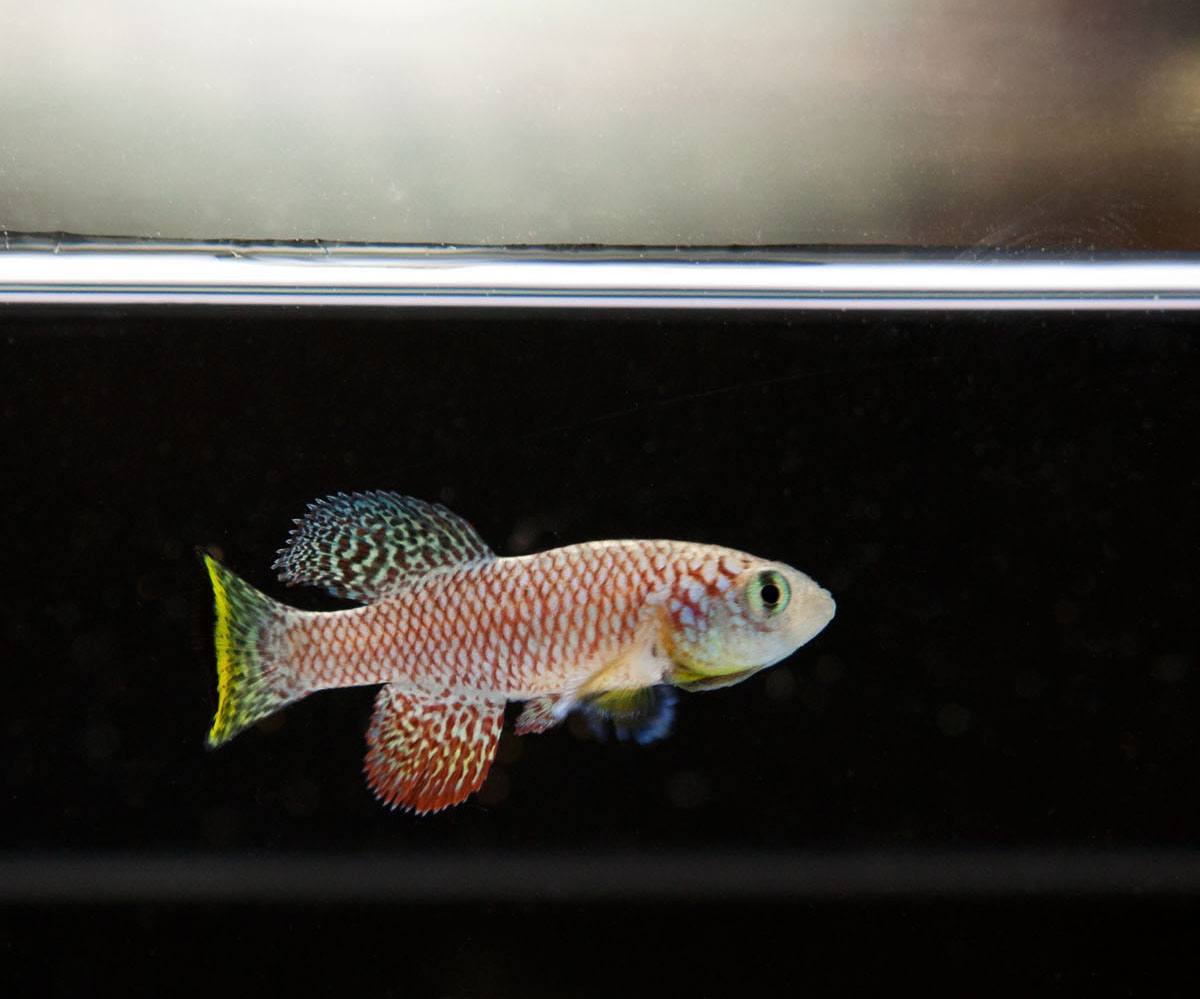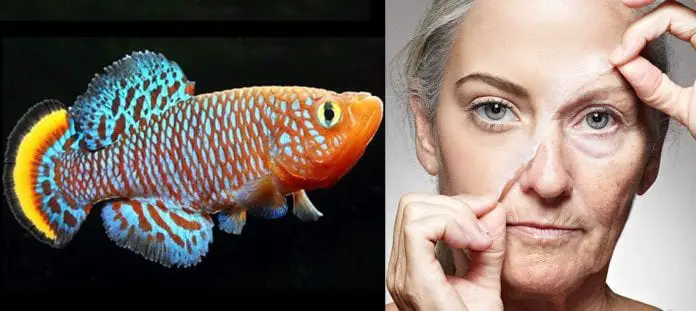Growing old is an inevitable part of life and sometimes it can seem quite daunting. As you physically age your skin begins to sag, wrinkles appear, and even walking can be a task. On the other hand, some of us could also face age-related diseases such as arthritis, cataracts, and Alzheimers. As a result of this, humans have always been on the lookout for ways to slow down if not stop the ageing process. Now, it seems that the answer could lie in the African Killifish.

The African Killifish is a small fish with a short lifespan that lives in much of Africa. It has intrigued scientists and researchers for years due to its ability to pause time. But how can a fish pause time?
Well, the African Killifish enters a state called diapause which allows it to literally pause its growth. This phenomenon is part of its evolution in surviving harsh conditions such as draughts.
Because the fish eggs grow outside of the body, they require water to develop into fish. However, when there is no water the embryos simply enter a state of diapause until there’s enough water. Then they hit play on that growing process.

Previously, scientists and researchers believed that diapause was a more passive state of being. Something like hibernating where growth and development simply slow down to an almost stop.
But to their surprise, research found that the African Killifish have a gene that suspends growth. This means that they are actively NOT developing which more or less puts the pause on the clock.
Furthermore, the research found that once the embryos exited diapause, their growth and lifespan was not impacted all. A fish that entered diapause and one that didn’t would live roughly the same amount of time.
:max_bytes(150000):strip_icc()/GettyImages-1015130968-85987c7cea1843fa9d80548efad00056.jpg)
This new finding provides scientists and researchers with a new avenue to study how to slow down ageing. In fact, this is especially beneficial for those who face age-related diseases.
While it is not sure yet how these findings can be applied, it is definitely a new step.















